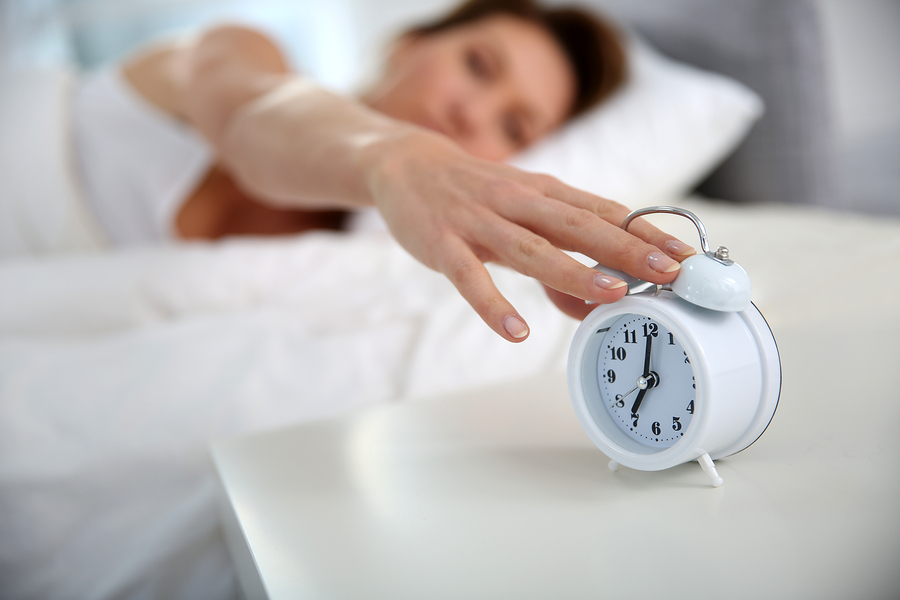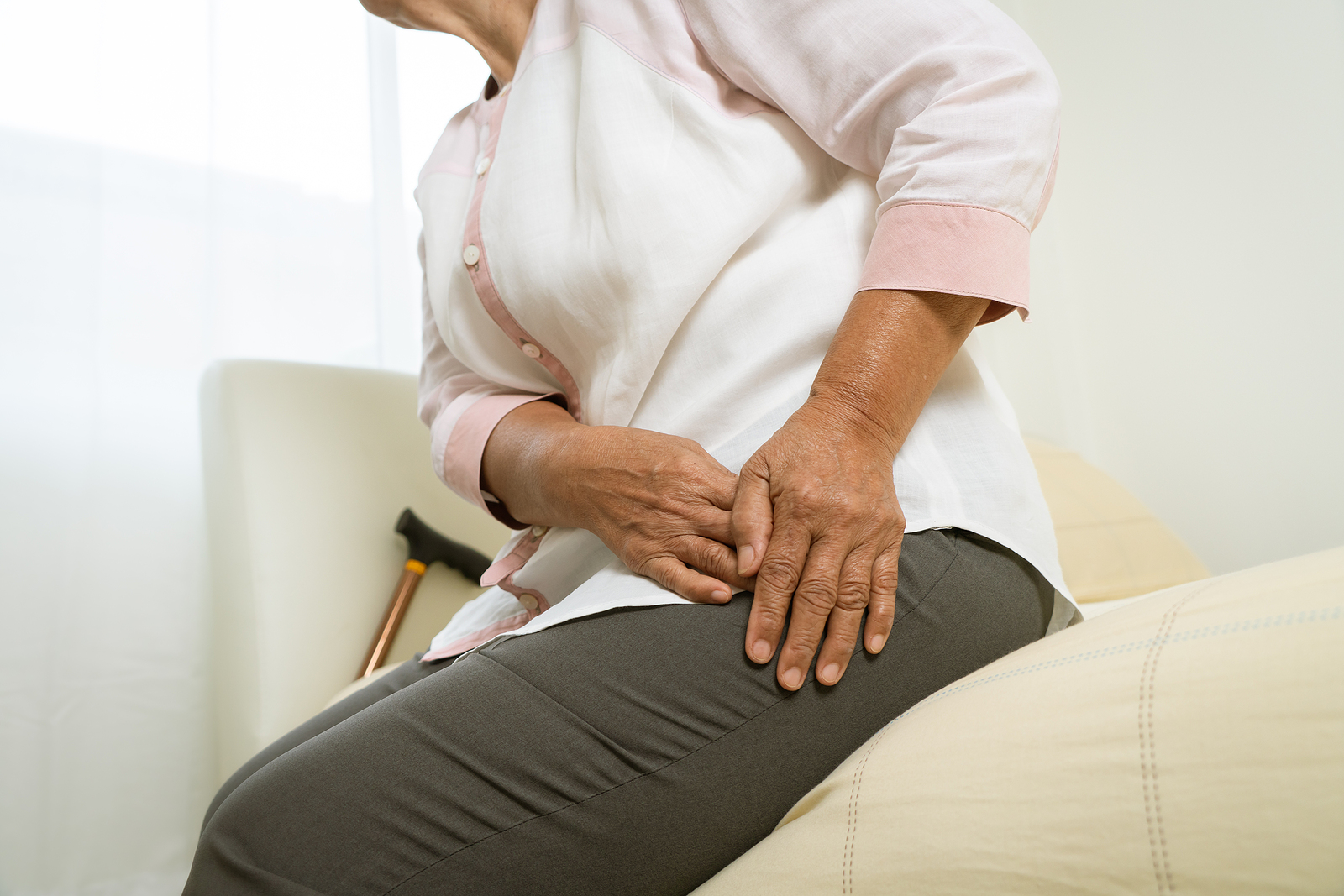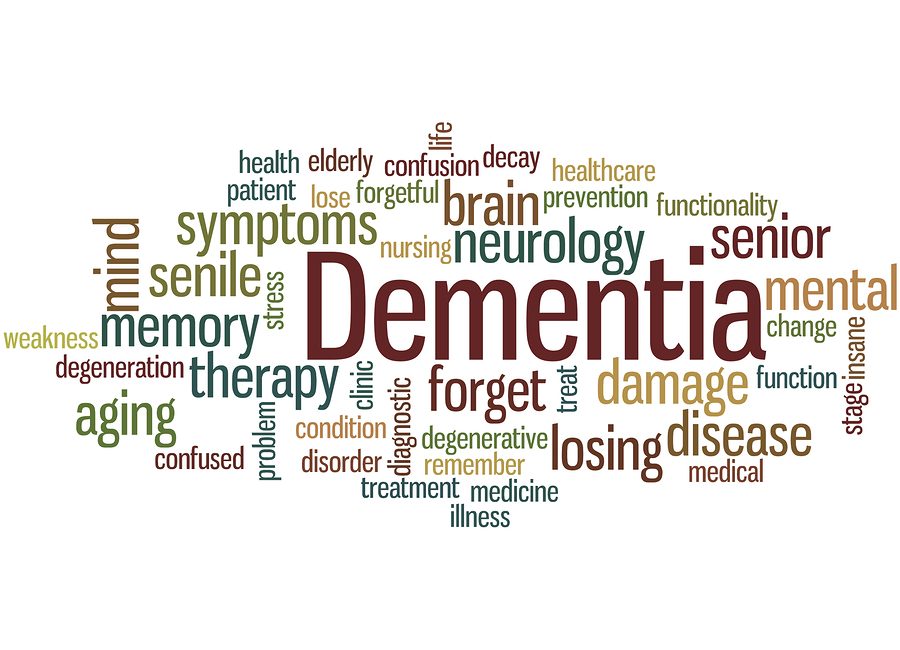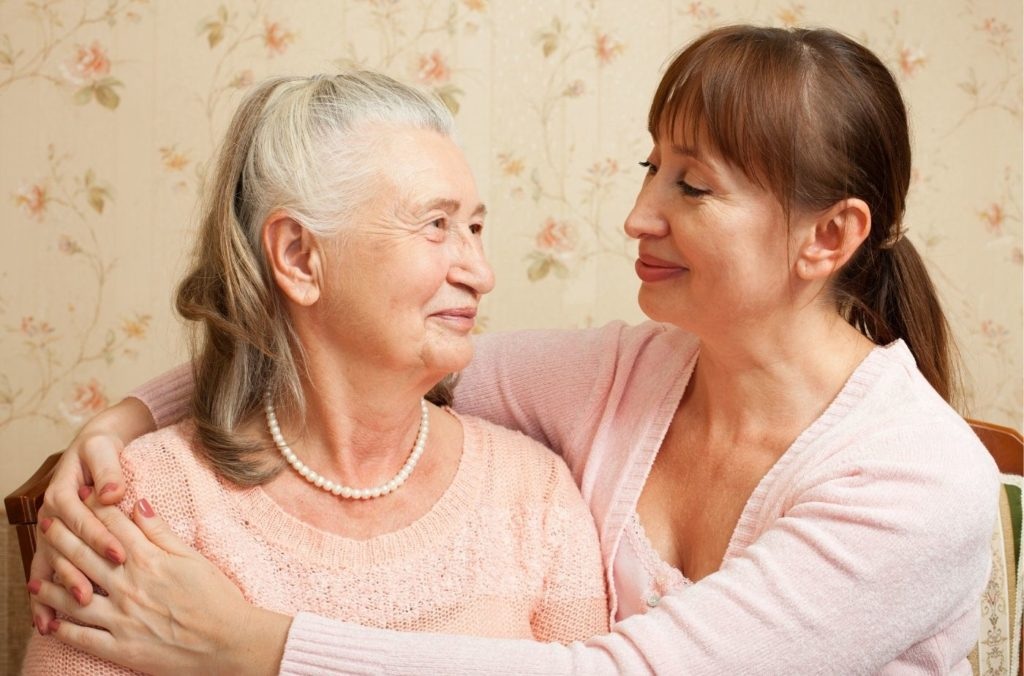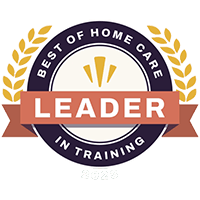Insomnia is believed to affect half of all older adults. In a study of 6,800 adults over 65, upwards of seven out of ten reported finding it hard to sleep all night. Upwards of three out of five found it hard to fall asleep. About one out of four said they didn’t feel refreshed even after sleeping.
It’s not surprising to learn that your parents have a hard time falling or staying asleep. Insomnia can be linked to their medications, chronic health conditions like arthritis that make sleeping painful and disruptive, or snoring. When you’re a family caregiver, your parents’ insomnia can impact your sleep quality. This is where 24-hour home care can step in to relieve your duties and help your parent all at the same time.
The Top Reasons for Poor Sleep in the Elderly
Medications are one of the leading reasons for poor sleep. If your mom or dad takes a prescription that causes drowsiness or nausea, it can impact their rest at night. The pills that they take cause them to feel tired during the day, so they nap too much. They’re no longer able to sleep through the night.
As you age, the ability to enter into a profound sleep changes. Your parents may wake up to outside noises more than they used to. If this is the situation they’re experiencing, white noise like a fan or white noise machine that produces the sound of rain or a bubbling stream may help them tune out traffic or people on the street.
Your parents may not be active during the day. If they’re sedentary, their body isn’t tired. That makes it harder to sleep at night. Make sure they’re active for at least 30 minutes or more each day. A brisk walk around the neighborhood is one way to ensure they get a half-hour of exercise.
Limit caffeinated snacks and beverages before bedtime. Your parents need to switch to decaffeinated tea and coffee by late afternoon. After dinner, they need to avoid excessive amounts of water, as their bladder will fill faster and cause them to need to get up and use the toilet.
The final thing to do to ensure your parents get the target seven or eight hours of sleep each night is to feed them dinner hours before bedtime. They need to avoid alcoholic beverages, too, as they impact sleep.
Going to bed on a full stomach increases the chance of acid reflux and heartburn. When they lay down, stomach acid production increases to help with digestion. The chest pain that results from heartburn can make it impossible to sleep.
Sleep Well With 24-Hour Home Care
Look at the benefits of 24-hour home care services. Instead of waking up to calls or knocks on your bedroom door or having to set the alarm to wake up, caregivers are there and ready to help your parents with their care needs.
You get to sleep through the night, and 24-hour home care aides are ready and waiting to assist your parents with everything from medication reminders to toileting assistance.
Sources:
https://www.ncbi.nlm.nih.gov/pmc/articles/PMC5991956/#

